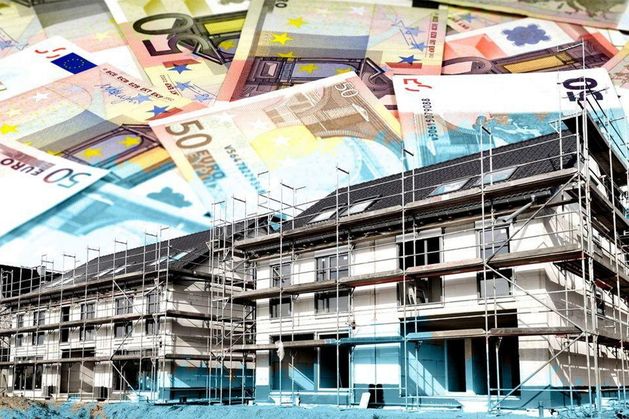Bussiness
Revenue in active probe of ‘go-away’ payments

Tax is payable if cash is ‘compensation for decrease in value of the resident’s property’
The tax authority says it is “actively examining” payments to residents of so-called “go-away money” as part of its regular compliance programme.
Numerous examples of such payments have been reported over the past year.
‘Revenue follows up vigorously on all available information’
Earlier this month this newspaper revealed the details of a confidential €3.24m settlement between one developer and 40 residents in Carrickmines, Co Dublin.
Revenue does not comment on individual cases, but said it is the responsibility of anyone who receives a payment or other consideration from a developer related to a planning issue to declare it – or otherwise face “potentially serious consequences”.
“Revenue follows up vigorously on all available information that suggests there may be a risk of non-compliance with tax and duty-related obligations,” it said, adding that it makes “extensive use” of tax returns, third-party information, intelligence to identify non-compliance indicators.
“Revenue also pays close attention to any information in the public domain, including media reports, and welcomes all reports and information about potential wrongdoing related to taxes,” it said.
The tax treatment ultimately applicable to a so-called “go-away” payment would depend on the facts and circumstances in which the payment arose and would determine whether it is considered as income or as a capital receipt, it said.
Tax implications may also arise when a developer pays the legal fees of objectors
In some cases such a payment may be considered as miscellaneous income.
But it would be considered a capital sum if “the payment may be considered compensation for a decrease in the value of an asset, such as the resident’s property, or where the payment is made on the basis that the recipient gave up a right, or refrained from exercising a right in return for payment.
“In such cases, the payment may be subject to capital gains tax.”
The standard rate is 33pc.
Tax implications may also arise for residents where a developer discharges legal fees on their behalf, but this would be “based on the specific facts and circumstances related to the payment”, it said.










